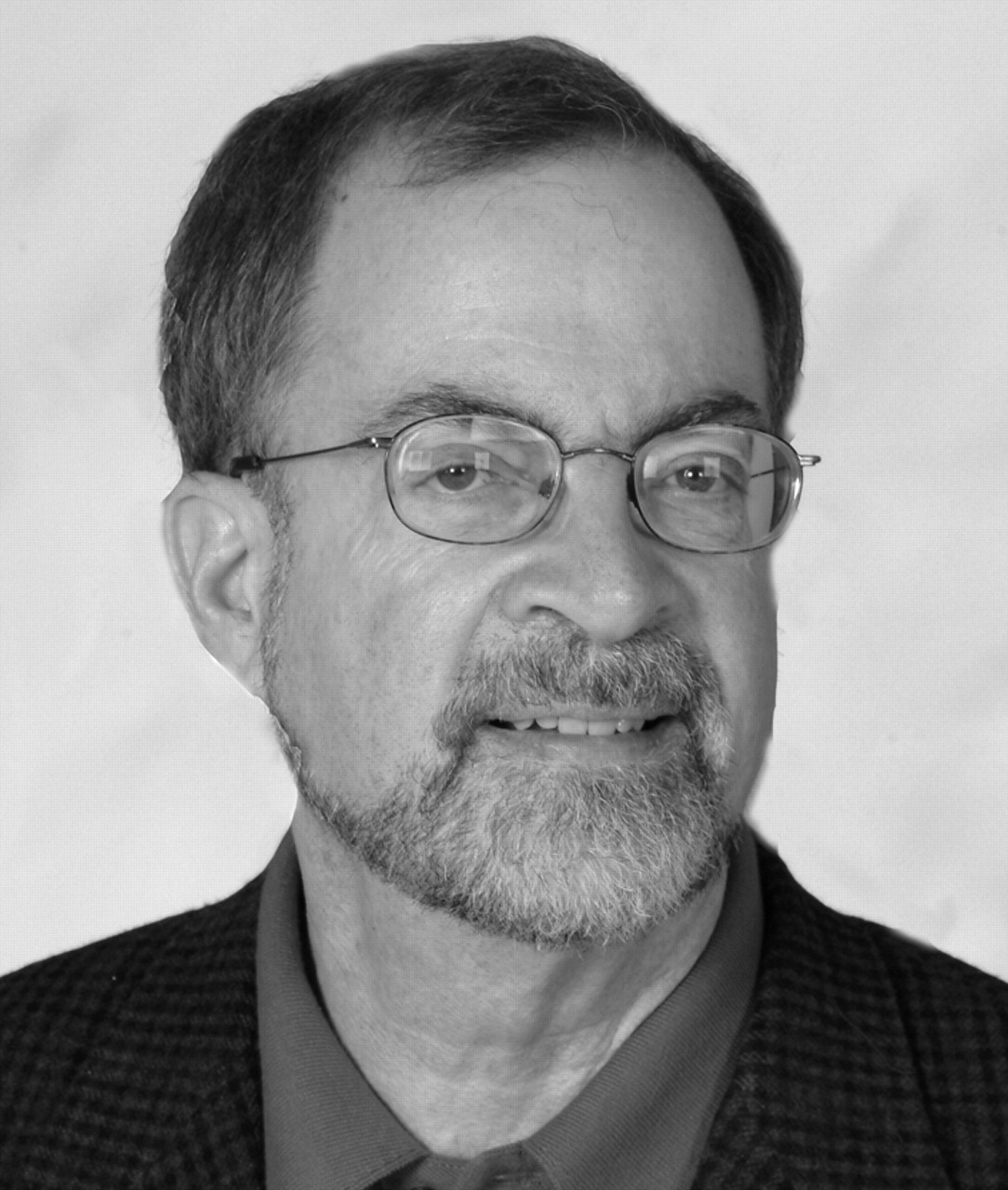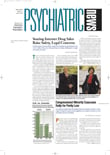A teacher’s teacher.” That’s how one educator in psychiatry described Frederick Sierles, M.D., a professor of psychiatry at Finch University of Health Sciences-Chicago School of Medicine.
It is an identity Sierles is pleased to claim. “Teaching runs in my family,” he said. “My parents were teachers, and my daughter is a teacher, and I wanted to be a professor as much as I wanted to be a physician. I am deeply grateful that for almost all my 30 years at my medical school, my school, my mentors, and more than a few of my colleagues supported my developing as a professor. They were superb at protecting my time to teach. And the rewards have been continual.”
Sierles has garnered a reputation among his colleagues as one of the preeminent educators in psychiatry. Among other accomplishments, he has written and published some of the most important works on why medical students choose or do not choose psychiatry as a career. He was president of the Association of Directors of Medical Student Education in Psychiatry (ADMSEP) from 1993 to 1995. In 1999 he was selected to serve on the executive council of the American Association of Directors of Psychiatric Residency Training (AADPRT), where for three years he was chair of a multi-organizational workforce coalition consisting of representatives from ADMSEP, AADPRT, APA, and other organizations. Since 1992 Sierles has been one of ADMSEP’s representatives to the Alliance for Clinical Education, which consists of leaders of clerkship directors groups’ from multiple specialties.
Protected Time
Today, educators at academic medical centers around the country are less and less likely to have the extensive amount of protected time to teach and do research that Sierles has enjoyed for much of his career. Just as managed care has transformed the clinical practice of medicine, so it has had a potent impact on the education of future physicians.
It is one of the subjects Sierles will address in a lecture that he is presenting at APA’s Institute on Psychiatric Services in the fall as the winner of APA’s Vestermark Award. This award honors the memory of Seymour Vestermark, M.D., who was chief of the National Institute of Mental Health Training Branch from 1948 to 1959 and an international authority in the field of professional mental health education and training. The award recognizes an educator who has made outstanding contributions to undergraduate, graduate, or postgraduate education and career development in psychiatry.
“I think the most prominent issue facing medical student educators is the limited funds available to protect time for devoted teachers to teach students and residents, and to run academic programs and do education research,” Sierles told Psychiatric News. “It’s not only a problem for psychiatric educators; it’s a problem for all medical educators. With managed care and other third party payers’ emphasis on physician productivity—which rarely includes teaching—medical educators have less time to supervise and teach. And the problem probably won’t go away for a long time.”
Moreover, increased public funding for medical education is not on the horizon.
“It’s unlikely in the current economy that the federal or state governments will give much in the way of funds for medical education,” Sierles said. “The responsibility for ensuring protected time for medical education rests with top medical school management, including chairs, deans, presidents, and boards of trustees. We all have to continue to lobby them and then lobby them some more.”
Recruitment Up
But for all the turmoil in medical education today, Sierles believes the trend is up when it comes to recruiting future physicians into psychiatry. He cites a steady, though modest, increase in recent years in students entering psychiatry residency programs—a reflection, he believes, of a move away from the “generalist initiative” that animated American medicine in the early 1990s.
“The most prominent trend affecting recruitment of medical students to all specialties has been the initial expansion in the late 1980s and early 90s—and the peaking and downturn during the past five years—of the national generalist initiative,” Sierles said. “It was an initiative based primarily on a perceived need to have more generalists to be center stage in managed care.”
But the professional life of primary care “gatekeepers” in managed care systems has come to be viewed as grueling and unrewarding—a perception that has not gone unnoticed by students making residency selections.
“[Generalists] have huge clinical and administrative demands, limited time with patients to meet the demands, and sometimes a sense that they are in over their heads,” Sierles noted. “Students notice this, so for the last five years recruitment into generalist specialties has gone down, and recruitment into specialties ranging from radiology to psychiatry has gone up. At the current progression, this trend could well continue to happen for another two to four years.”
Beyond that, Sierles believes that psychiatry has its own attractions, including a “controllable lifestyle” allowing psychiatrists to determine their own hours of work while earning a good salary.
And no other specialists spend as much time with patients. “Even with increased demands for productivity and limitations on time imposed by third-party payers, psychiatrists on average still spend significantly more time with patients than do other specialists,” he said.
In addition, the stigma surrounding mental illness has diminished somewhat, while a rigorous research agenda and a rapidly expanding knowledge base have enhanced the image of psychiatry. “We are becoming progressively better able to use a biopsychosocial model, incorporating dramatic developments in neuroscience during the Decade of the Brain,” Sierles said. “This is allowing us to link day-to-day behaviors with brain images and has demonstrated that effective psychotherapy is associated with changes in brain functioning.”
Moreover, the relationship between psychiatry and other medical specialties has improved, counteracting the negative portrayal of psychiatry by mentors in other fields that has sometimes been reported by medical students.
“Interspecialty relationships vary from person to person, and even from time to time with the same person,” he said. “When psychiatrists are collaborating with other specialists from a position of equality to improve the quality of education or patient care at a medical school or medical center, or among educators nationally, then the amount and intensity of interspecialty ‘dissing’ diminishes and can even give rise to praise and support of the other specialty. I think that the reduced stigma attached to psychiatric disorders has played a part as well. And students have minds of their own, so most students who want to be psychiatrists—and have good reason to be psychiatrists—will not usually back out because of someone’s criticism.”
Beyond the day-to-day—or year-to-year—changes in politics and economics that affect medical student education, Sierles sees a bright and enduring future for psychiatry. The revolution in genetics, which is changing the face of medicine, is likely to transform psychiatry as well. But it is not likely to diminish the need for specialists in mental illness—or the interest of successive generations of students in treating mental illness.
“Most of us, and most medical students, want to work in fields with a major scientific basis,” said Sierles. “Genetic theories have been prominent in psychiatry since I was a resident in the late 1960s. As long as there is behavior, and abnormalities of behavior, psychiatry will continue to be intriguing, and there will be a need for psychiatrists, regardless of our etiologic theories.” ▪

